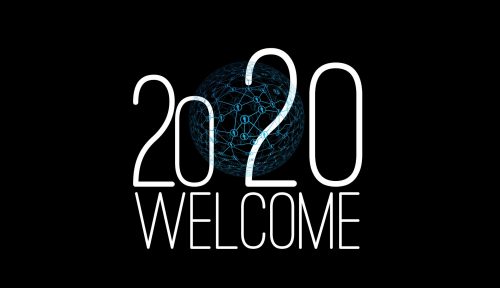Annually, at the beginning of the year, about 10 predictions are made regarding the SEO business for the upcoming year. If five of the predictions are true, the contribution is considered a success in retrospect for the year. The predictions are mostly pretty random. For 2020, we agree with the prediction that for many industries, ever-increasing competition on Google will become a challenge. In the last few months in particular, and also looking back over the last few years, Google made it increasingly clear who is the real SERP master is.
The goal of this big search engine has not changed, it is still based on “organizing the world’s information and making it universally accessible”. Once upon a time, this was done by displaying the ten most relevant web hits for a user’s search, but this has already changed. Many areas of Google search work differently today. For example, Google answers searches with the user intent “visit” by integrating Google Maps, Google flight comparison products, YouTube, and other additional tools and features. The recent integrations of Google Jobs and Google Events have once again made it clear who actually owns the SERPs.
And even if every new Google product initially feels like an expropriation, with visitors remaining more and more in the Google ecosystem, this is a viewpoint that cannot really be justified. Ultimately, the decision is up to the user personally, for which no industry has a claim. This includes Google’s SERPs, which means that the rules about rankings and visitors are managed by this major corporation.
Optimization is always focused on the consumer, i.e. the visitor. It is optimized for maximum demand, and providers need to follow suit. And precisely because there is a lack of market-leading platforms, these platforms get to make the rules, which will always be in Google’s favor.
Aggregators are struggling this year because this is one area that Google is currently expanding upon, for example with (most recently) job ad aggregators, a more pronounced and prominent recipe search, and new event integrations. So this year we can expect this process to continue and Google to expand existing aggregators, probably even entering new areas.
What is also clear is that these new Google elements will be visible on smartphones for the most part. This is smart because over half of all searches take place on smartphones rather than desktops. So a lot of things pass us by, because SEO experts actually work mostly on desktop versions.
Google will remain the most relevant traffic-driving channel for websites and SEO will change with it, but it is not the downfall of SEO. The future will be much more about whether Google needs your website at all, and finding a niche on Google for your industry.












